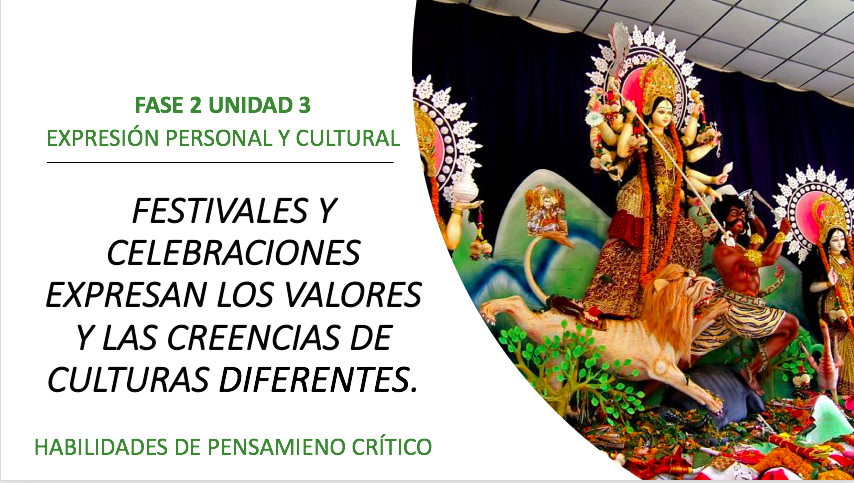|
It is the start of a new semester and new MYP units which means it time for provocations! In a recent workshop with Tania Lattanzio (click here for info on her workshops) I was reminded about the essential criteria for an effective unit provocation:
I wanted to follow these guidelines and really spark enthusiasm in my students for this unit, and give them the opportunity to do a hands-on task using real life objects. I was pleased that as soon as my students walked through the door they were intrigued by the bags of objects on the table, and some started asking if we were making decorations or having a party. So, a hook was created immediately! Through this provocation I wanted the students to figure out for themselves what the unit of inquiry would be about and so the students set about completing the following tasks.
I loved engaging my students in this provocation task and I'm exciting about the upcoming unit. Next up we are going to be inquiring into the celebrations of Christmas and New Year and discovering more about the students' own cultures and how they spent their winter holidays in Shanghai or abroad. Please see below the pictures of provocation lesson and leave me any comments or feedback that you would like to share.
0 Comments
Leave a Reply. |
Juliet OrchardI have been teaching French and Spanish for 13 years. I qualified and started teaching in the UK, and I currently work at Shanghai Community International School, China. I have experience teaching GCSEs and IB DP and MYP. Find out more about me within these blog pages or below at Linked In. Archives
February 2019
Categories |



 RSS Feed
RSS Feed